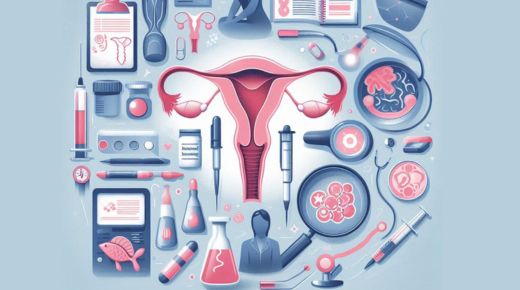
Hormone therapy plays a key role in women’s health. Obstetricians and gynecologists offer valuable insights into its impact. With their guidance, we dive deep into the benefits and challenges. Hormone therapy can influence many aspects of life, from mood to bone health. Learning from professionals, like those involved in prenatal care Garden City, helps us understand these complex changes. This blog explores how hormone therapy shapes well-being.
Understanding Hormone Therapy
Hormone therapy is a treatment that involves the administration of hormones, either to supplement a deficiency or to balance hormone levels. It is often used in menopause management and for conditions like endometriosis. Obstetricians and gynecologists are at the forefront of this therapy, helping women navigate their options.
Benefits of Hormone Therapy
Hormone therapy can bring significant benefits to women experiencing hormonal imbalances. Some key advantages include:
- Relief from menopausal symptoms such as hot flashes and night sweats.
- Improved bone density, reducing the risk of osteoporosis.
- Better mood stability and enhanced quality of life.
For more detailed information on menopause and hormone therapy, consider visiting the Office on Women’s Health.
Challenges and Considerations
While hormone therapy offers various benefits, it also comes with challenges. Some women may experience side effects, and there can be increased risks of certain conditions. It’s essential to discuss with a healthcare provider to understand personal risks versus benefits.
| Benefit | Potential Challenge |
| Reduces hot flashes | Increases risk of blood clots |
| Improves bone density | May cause breast tenderness |
| Enhances mood | Potential for weight gain |
Insights from Obstetricians and Gynecologists
Obstetricians and gynecologists bring a wealth of knowledge and experience when it comes to hormone therapy. They emphasize personalized care, focusing on individual histories and needs. By tailoring treatments, they aim to maximize benefits while minimizing risks.
In-depth research and guidelines from institutions like the American College of Obstetricians and Gynecologists provide a solid foundation for making informed decisions.
Making Informed Decisions
Choosing to undergo hormone therapy is a personal decision. It requires weighing the benefits against potential risks. Consulting with healthcare providers ensures that this decision is made with the best available information. They can offer tests and evaluations to determine the most suitable treatment options.
The Future of Hormone Therapy
Research continues to improve our understanding of hormone therapy. New developments and studies aim to make treatments safer and more effective. With ongoing advancements, the future looks promising for women seeking hormone balance.
Ultimately, informed decisions and professional guidance can help navigate the complexities of hormone therapy. By understanding its impact, we can better support health and well-being.


